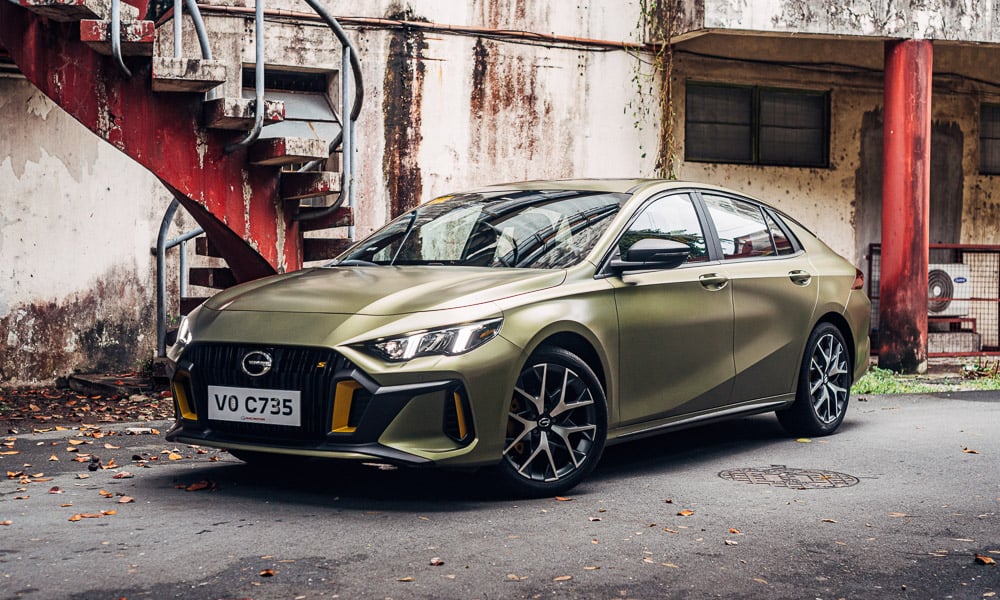
What happens when the Chinese try to make a vehicle meant to appeal to the generation that likes to show off and prefers instant gratification? My generation, in other words.
You get the GAC Empow GE, the unashamedly loud variant of the automaker’s sedan targeted at buyers who want their vehicles to be as unique as their video-game character skins are. But believe it or not, there’s more to this than just being a car for “gamers and f*ckboys.”
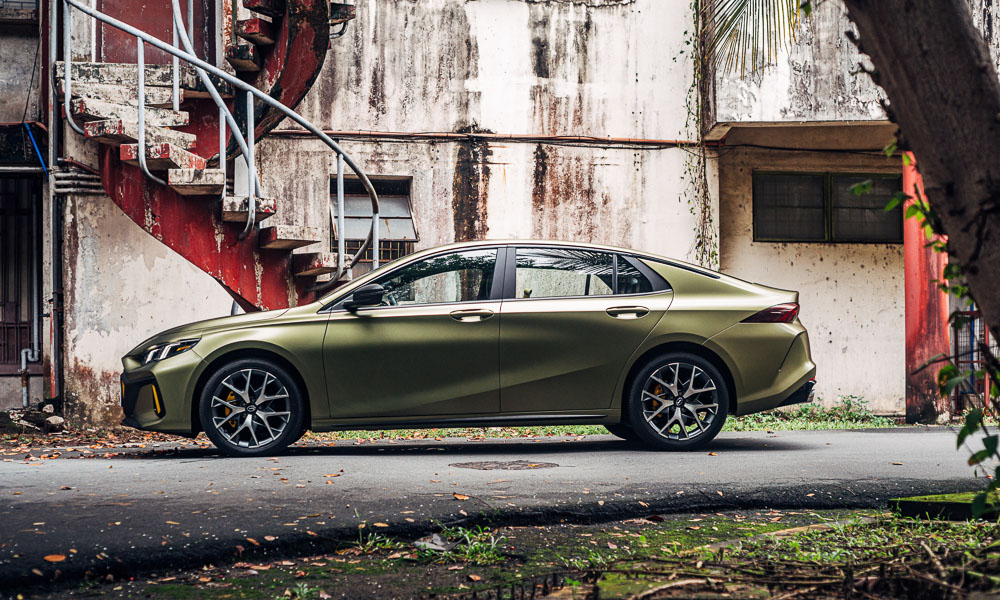
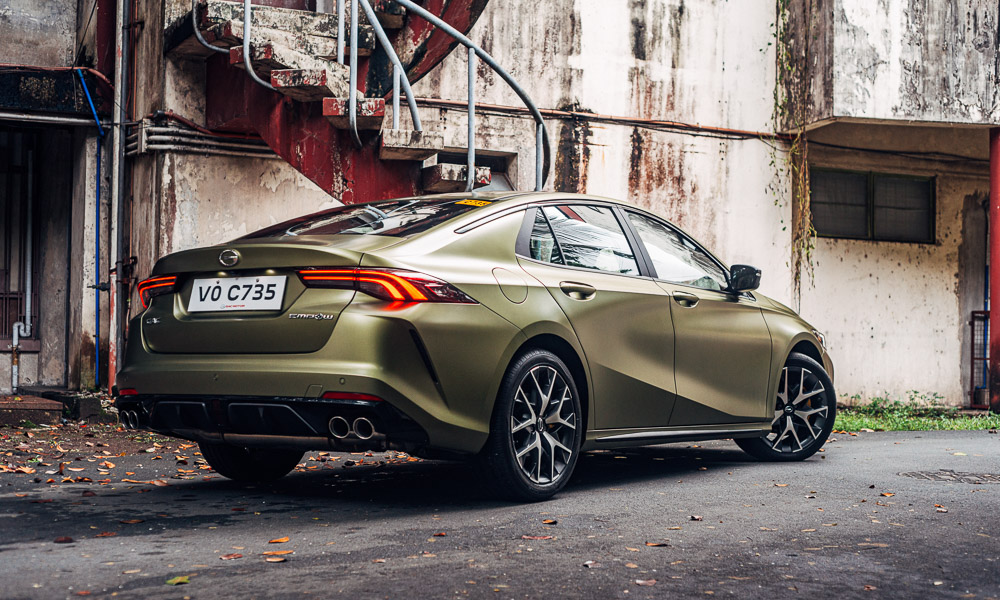
There’s more depth to the angry design of the Empow. The car’s design sketches reveal that the functional brake vents, the LED lighting, and the extra aggressive aero of the GE were directly inspired by the Chengdu J-20 fighter jet.
This Matte Fighter Green finish with yellow accents will turn heads because of the uncommon hue, for sure, but it’s also available in more discreet shades like white and gray.
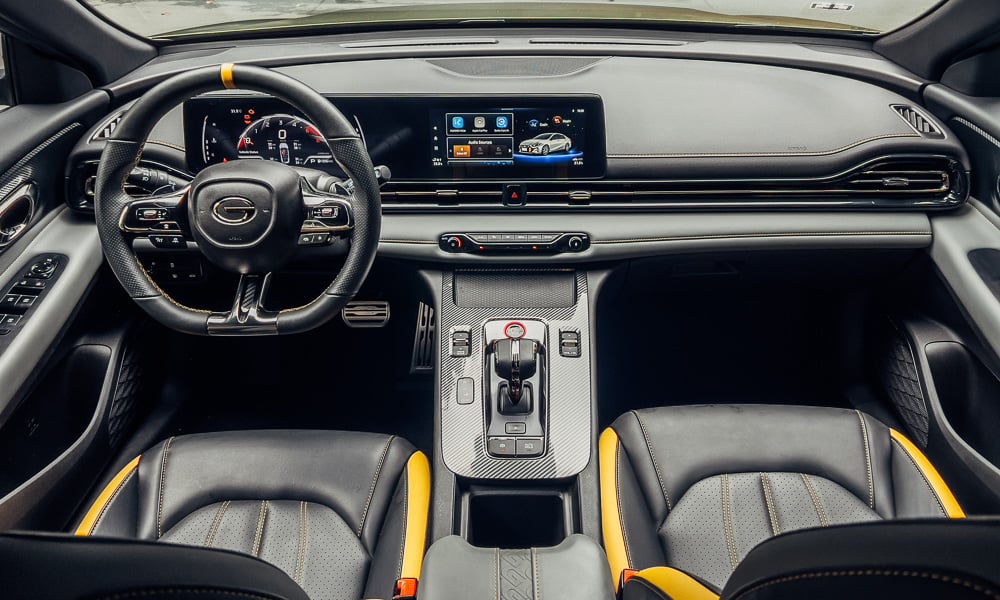
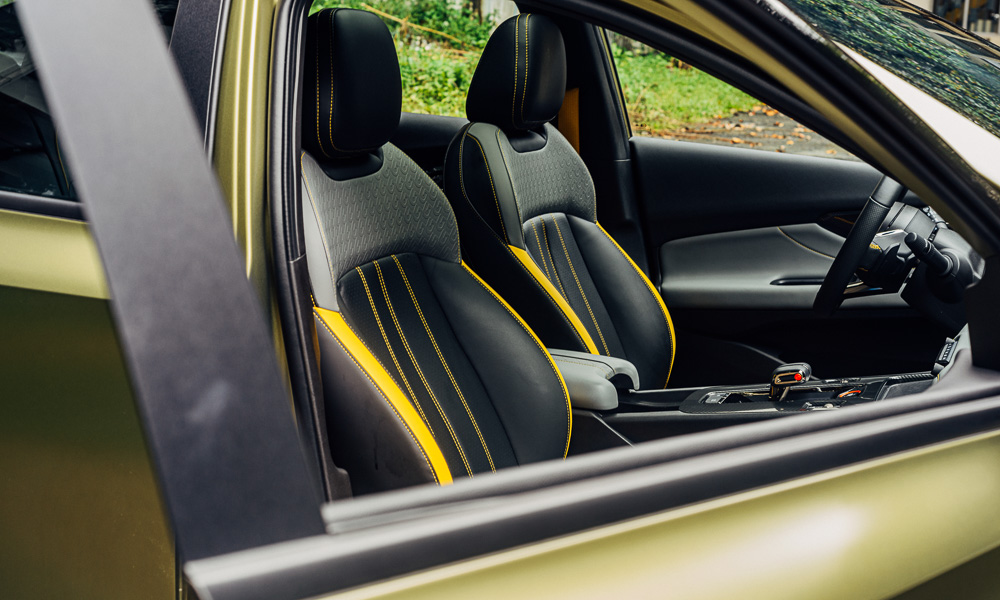
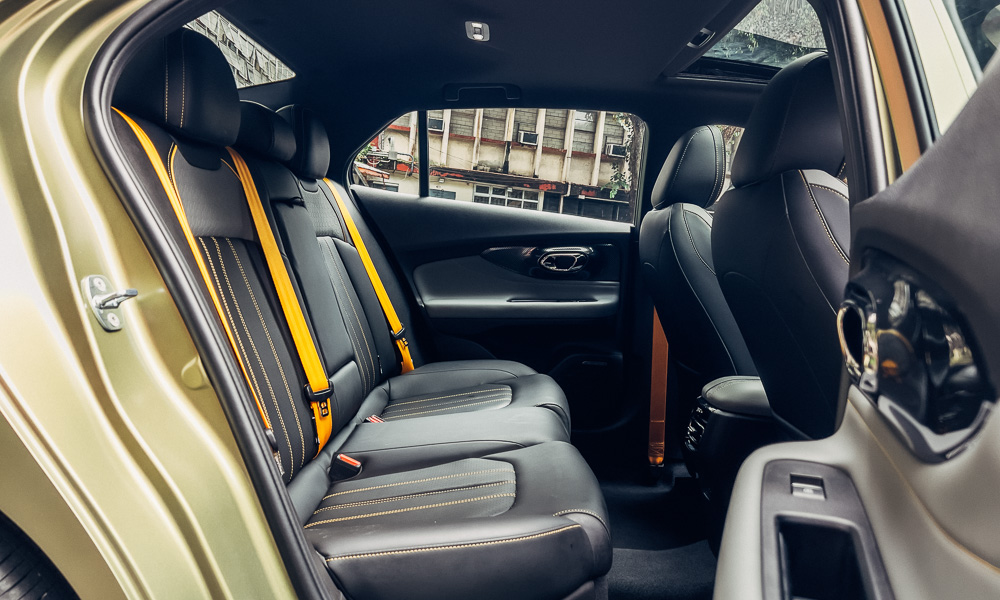
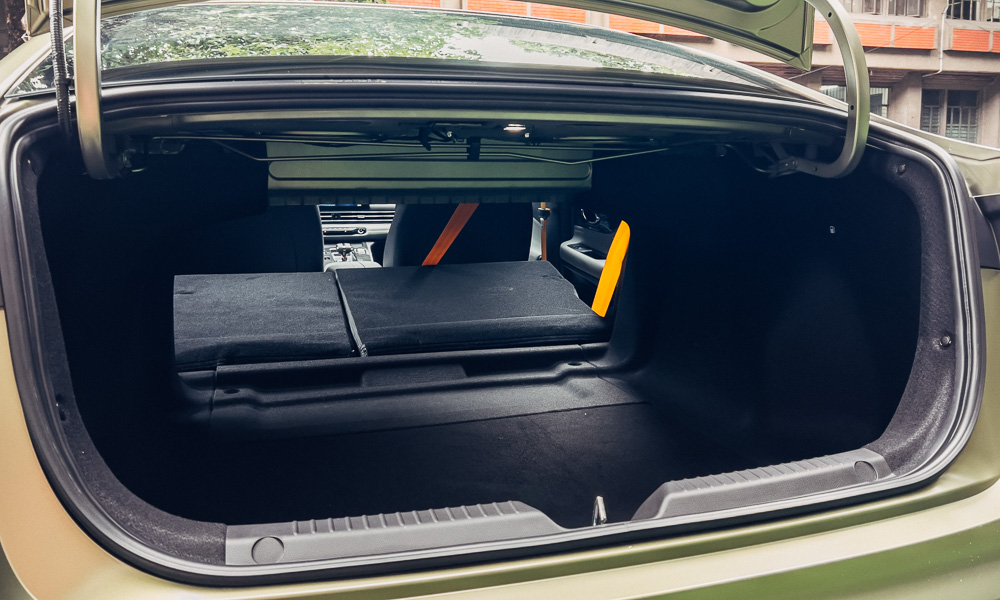
With dimensions of 4,700mm in length, 1,850mm in width, and 1,432mm in height, it’s just as long as the likes of the Honda Civic. Meaning, this isn’t that compact sports sedan most were hoping for.
However, it benefits from having a 2,736mm wheelbase, making it capable of seating five adults inside. Three average-size adults can comfortably sit abreast with generous headroom thanks to the relatively small hump, and the rear seats can fold down in a 60:40 split to expand the 375L trunk.
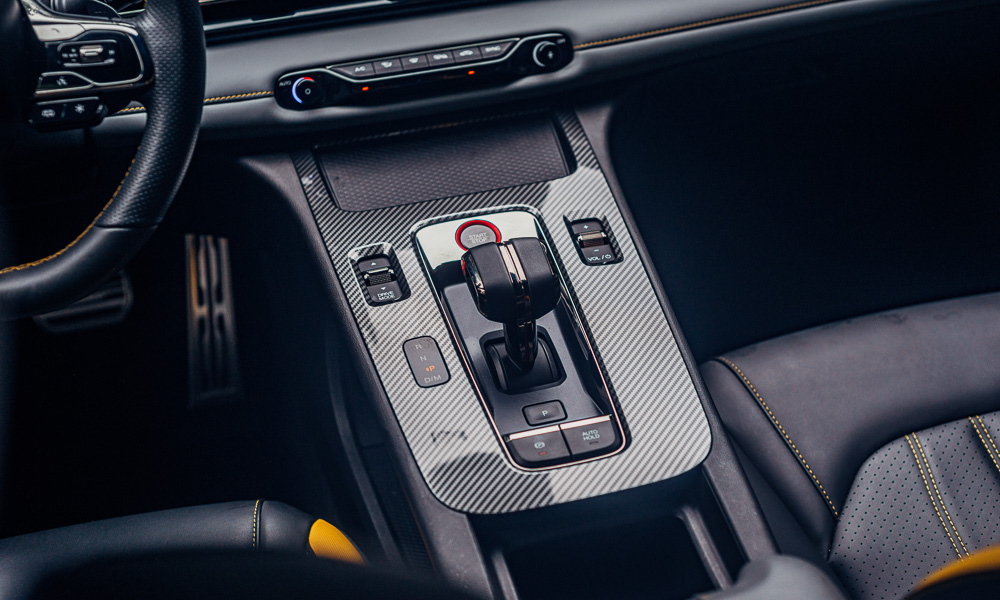
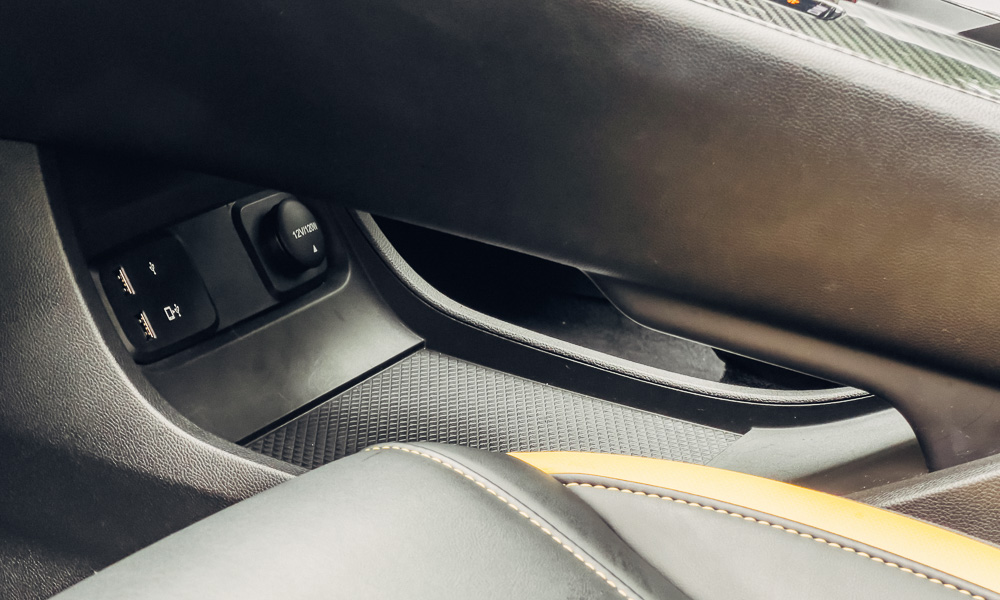
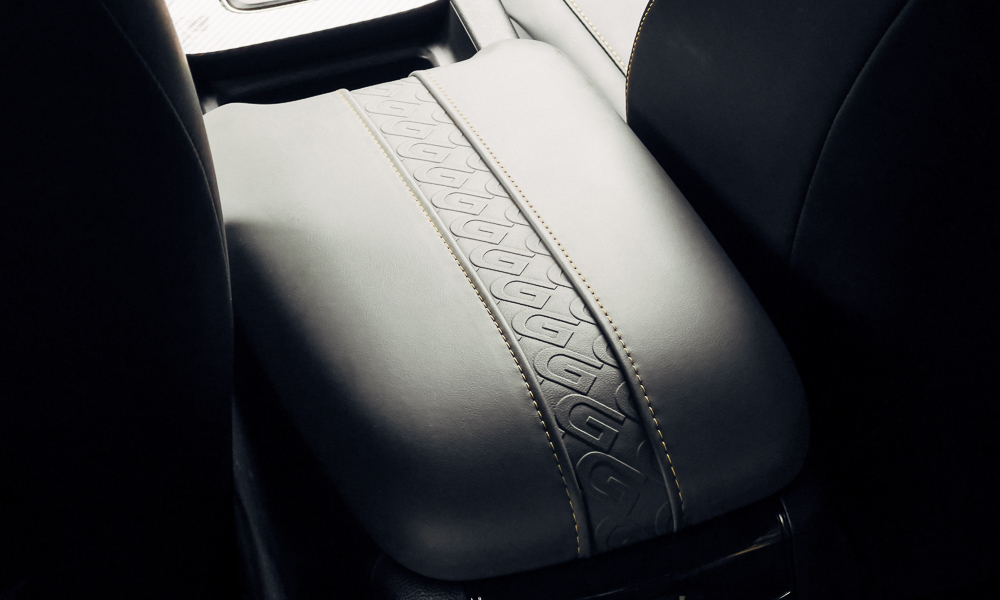
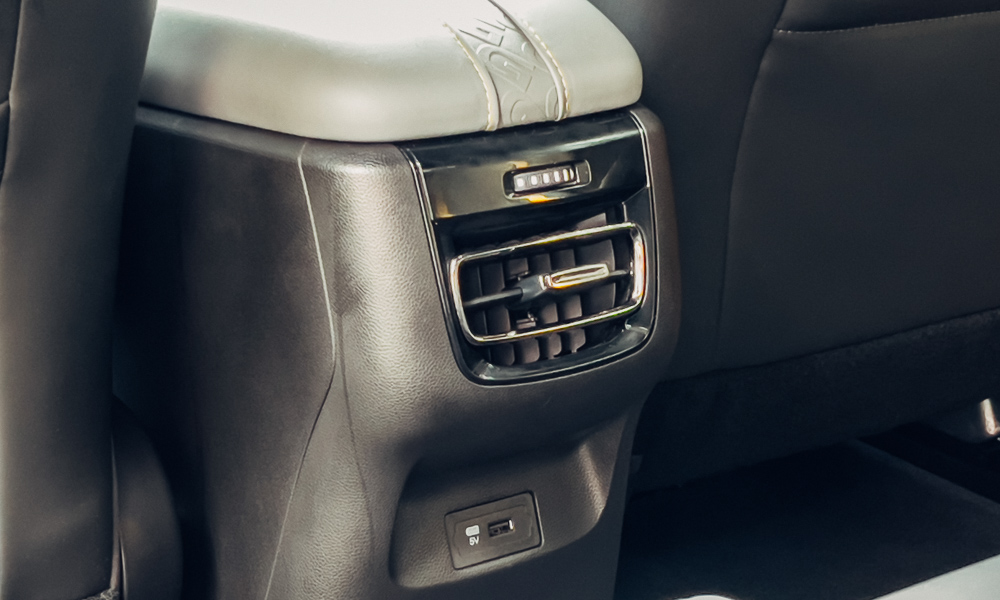
But just like the car’s exterior, the interior can be as polarizing. This comes in a gray-and-yellow color scheme, but it is also available in black-and-red or an all-black finish. The materials used feel good, with lots of synthetic leather for the high-traffic touchpoints, and the high-gloss faux carbon fiber trim is better than the dreaded piano-black plastic trim.
At first blush, one can say that GAC has stepped up its attention to detail. There’s evenly spaced contrast stitching as well as configurable ambient lighting and a multitude of storage spaces, but I would argue that it would have been better if they had focused that elsewhere. How so, you might ask?
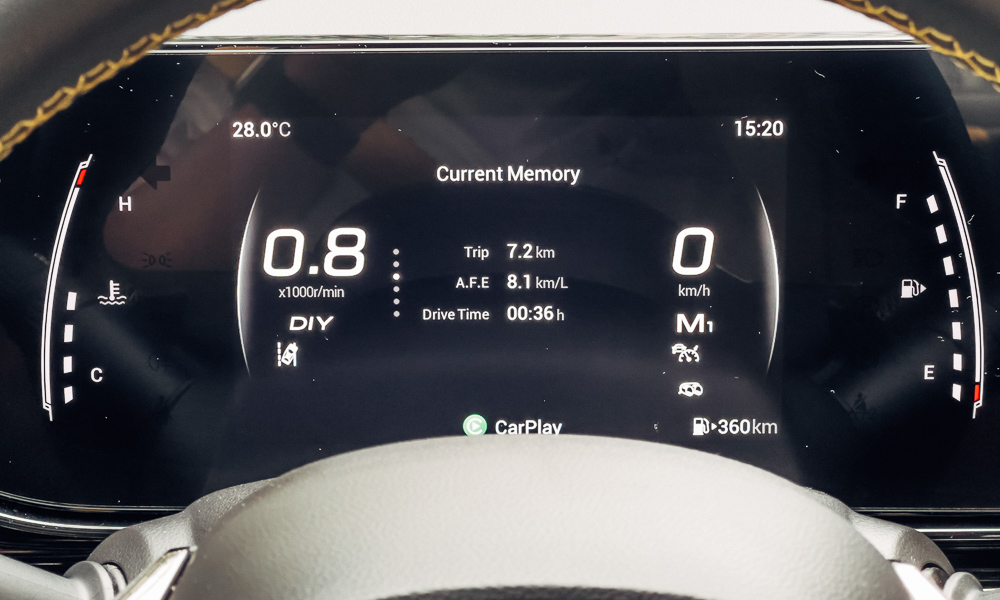
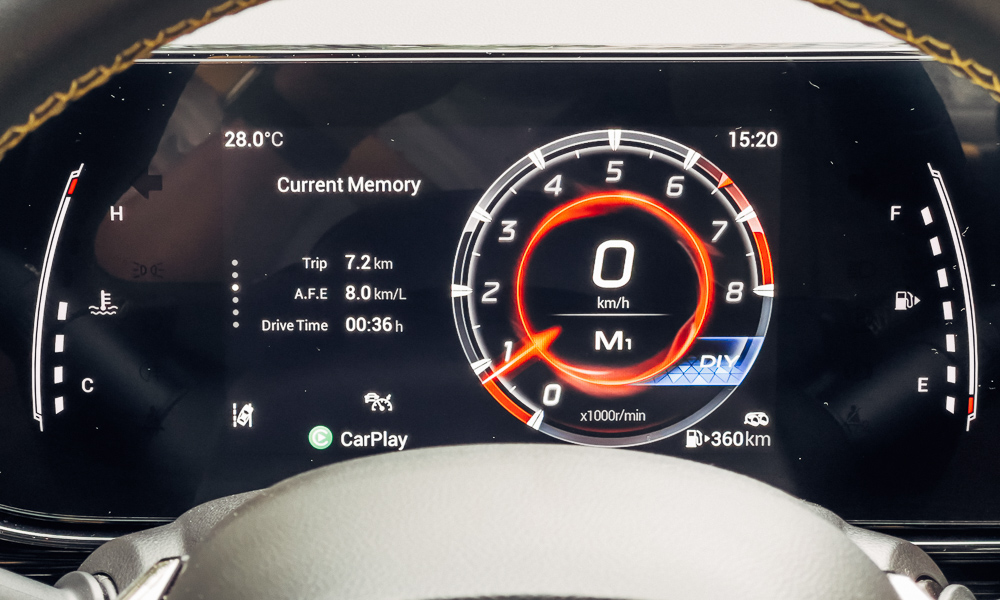
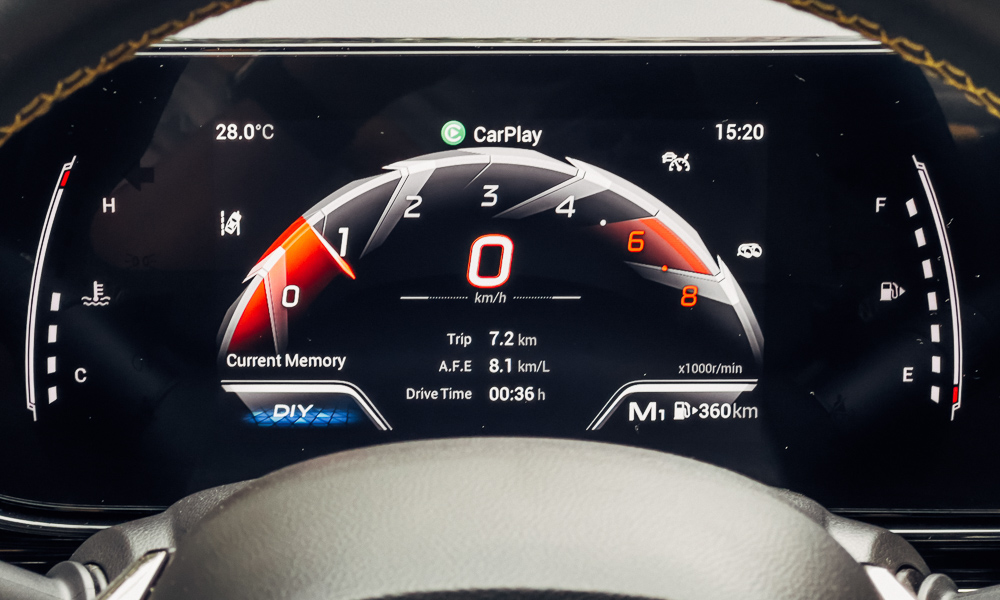
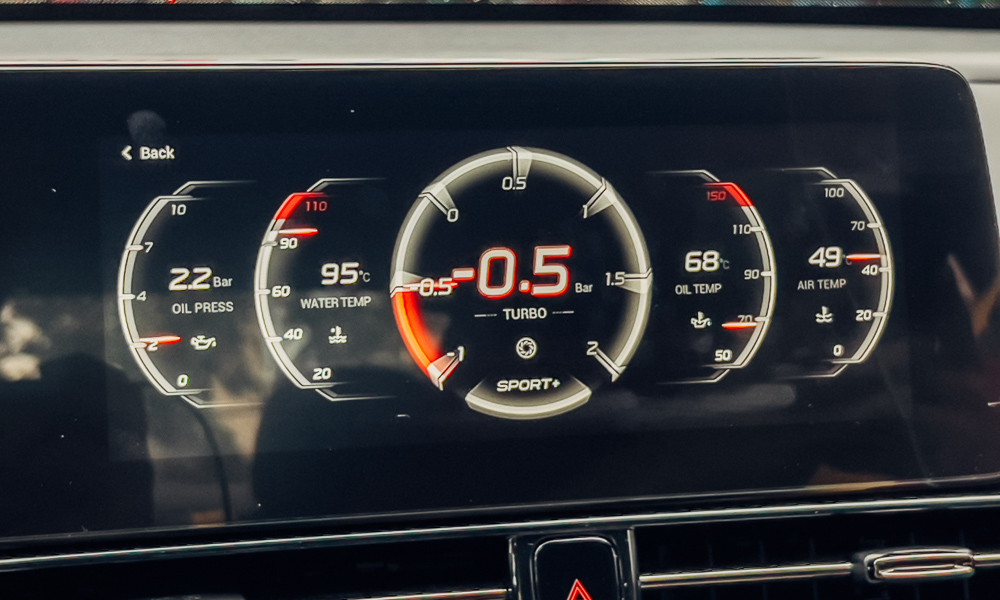
The driver-centric cabin isn’t exactly the most ergonomic to be in. It has physical climate controls, alongside a volume dial and a drive mode selector (a big plus), but they’re far away, requiring you to stretch forward just to operate them. And don’t get me started on the screens.
While the 10.25-inch main screen is bright, fairly sharp, and supports (only) wired Apple CarPlay smartphone integration, the seven-inch instrument cluster looks somewhat cheap with its segmented LCD fuel and temperature indicators.
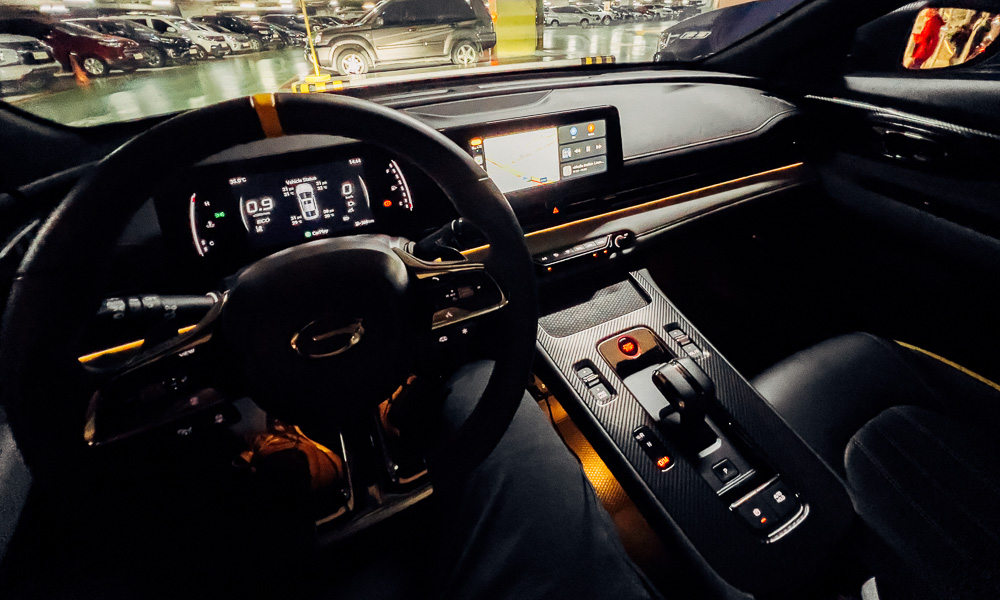
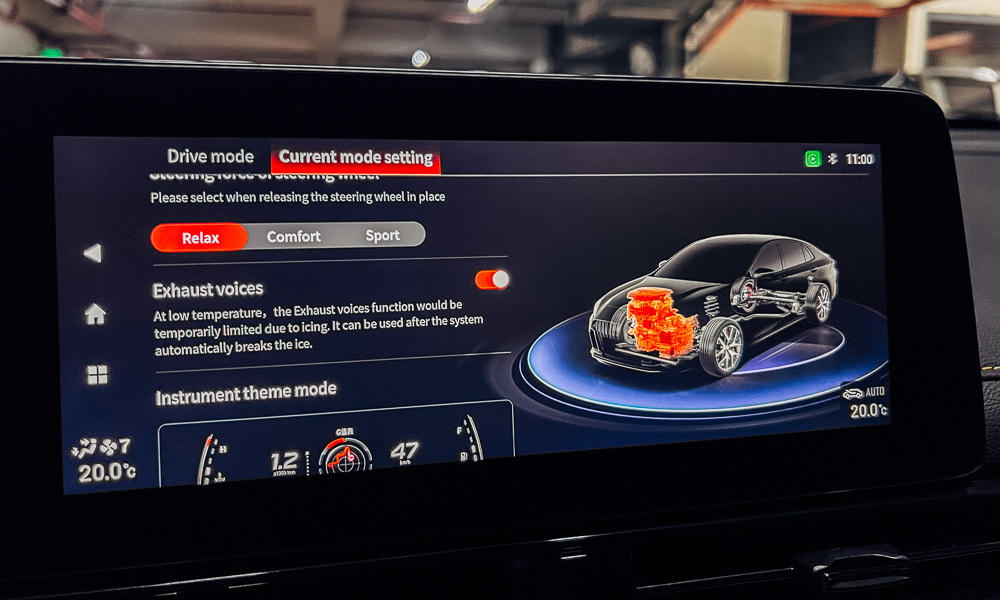
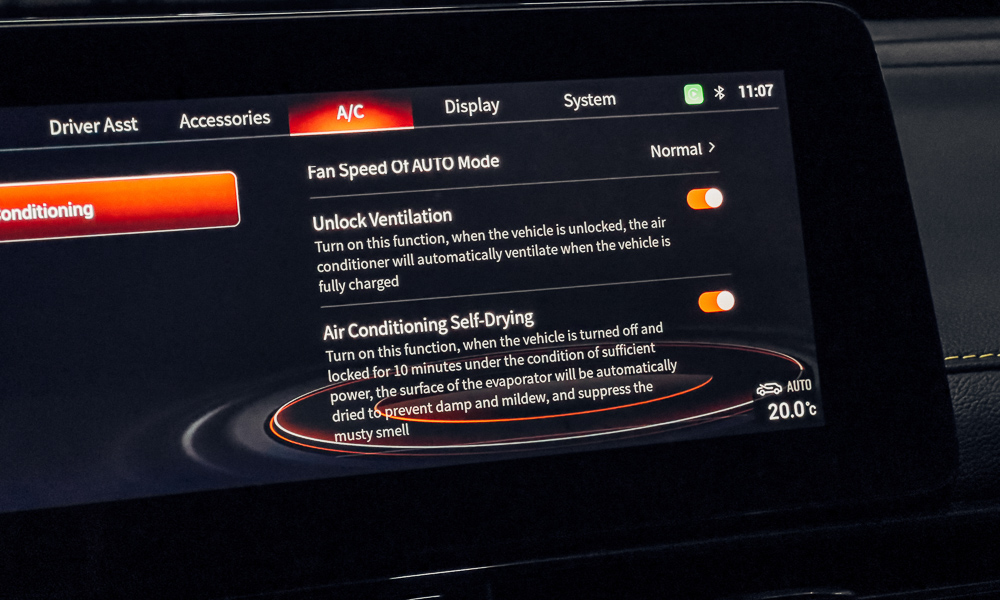
The worst part is that most of the vehicle’s features are buried beneath several menus. Want to activate the heated seats? Menu. Change the ambient color or configure the drive modes? Menu.
The vehicle’s smart keyless entry system can also be a pain to use if you’re unaware. The car unlocks itself when you approach it, so be wary of where you park. Or just disable it entirely, but you have to go through several, er, menus.
The poorly translated English and the generic font cheapen the experience further, reminiscent of knockoff smartphones from the early 2010s. Either way, the point of this car is to be driven and not to be used as a gadget, which it does particularly well.
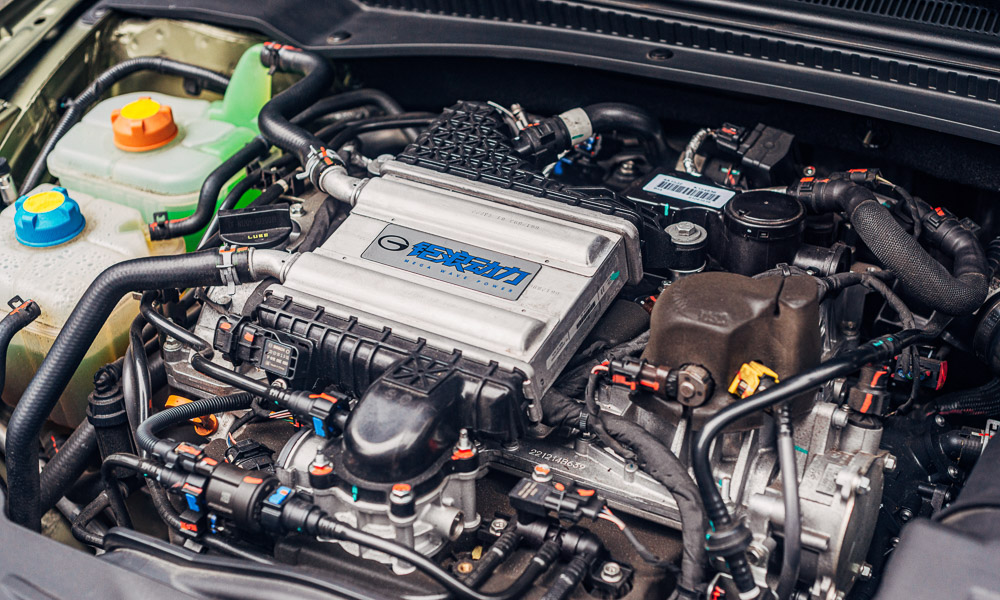
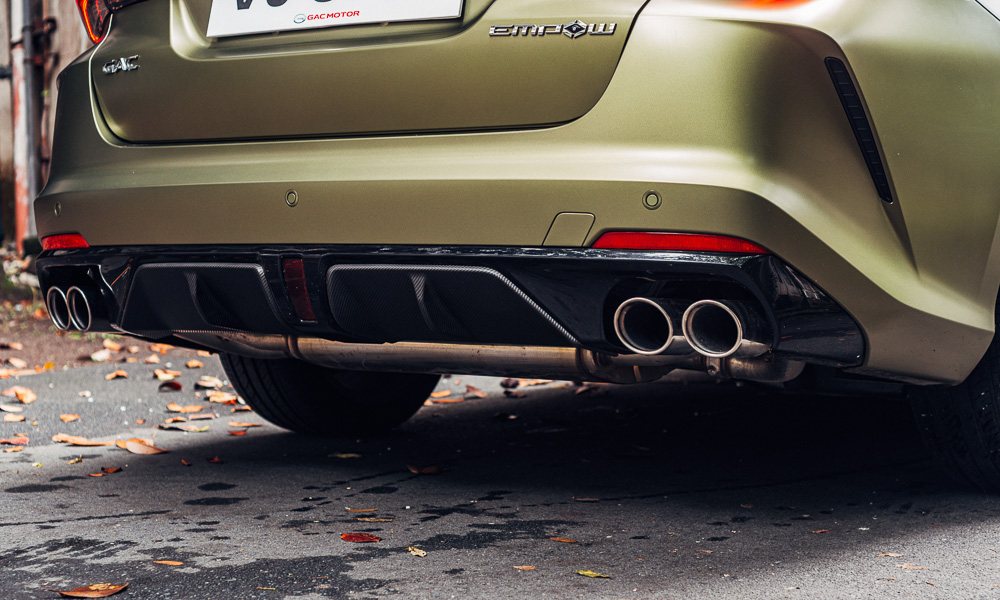
Underneath the hood is a 1.5-liter turbocharged in-line-four like other Chinese cars, but it’s tuned to pack a punch. The 174hp and 270Nm are delivered to the front wheels in the same way that a turbocharged car from the late ’80s and the ’90s—after a few seconds of boost building up. It’s not the instant excitement you would get from an EV, but it still is enough to plaster a smile on someone’s face.
The seven-speed dual-clutch transmission is jerky for stop-and-go city driving, but it performs at its best in spirited jaunts on the back roads. Compared to the vanilla GB, there are paddle shifters that have a slight delay after input, and it doesn’t hold gears as the transmission will automatically upshift to the next. Bummer.
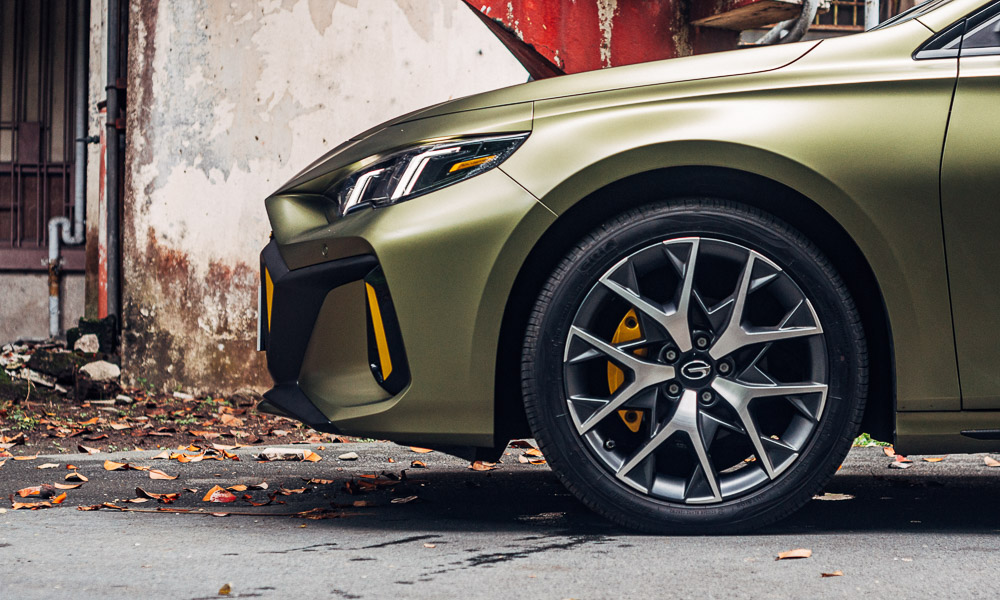
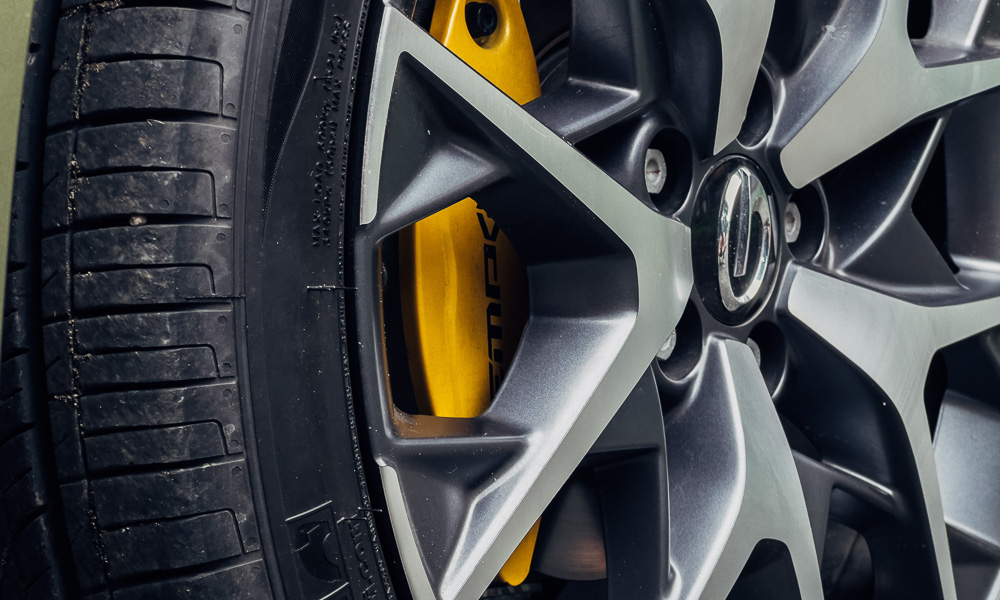
As for handling, GAC Philippines recently held a track day to show off the vehicle pushed to its limits, so I’m not discounting its capabilities. But when you want to legally have fun on the roads and in the twisties, the suspension and the ride quality err on the side of comfort with a softer, more people-pleasing ride, rather than being a true-blue rigid sports sedan with a bone-shaking ride.
The two-tone 18-inch wheels may look amazing, but the low-profile tires that wrap them (GitiComfort G22s) aren’t the most performance-oriented ones out there. It’s kind of weird when you realize that the car’s sibling, the GS3 Emzoom, comes with Michelin Pilot Sport 4s as standard.
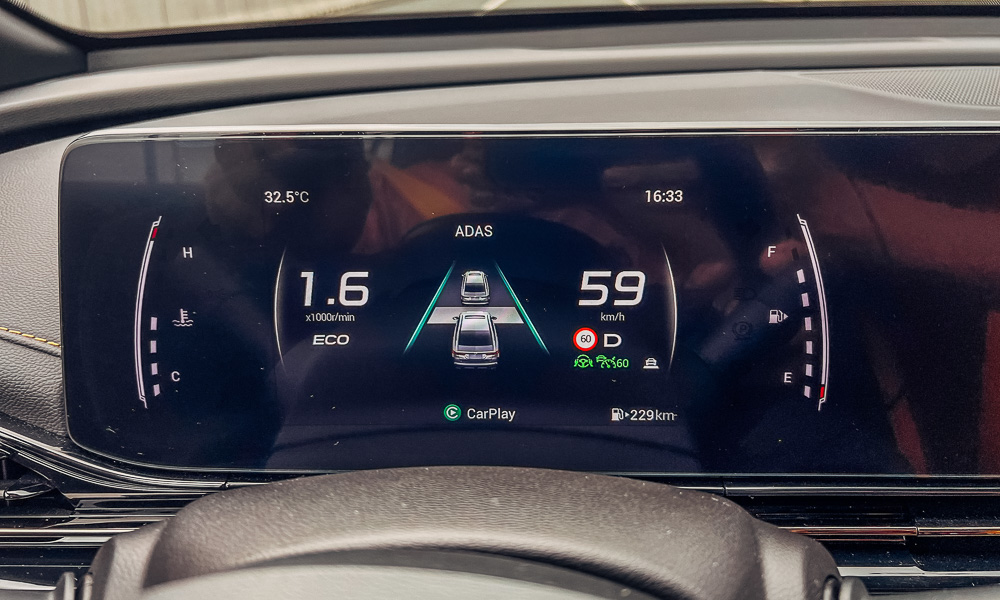
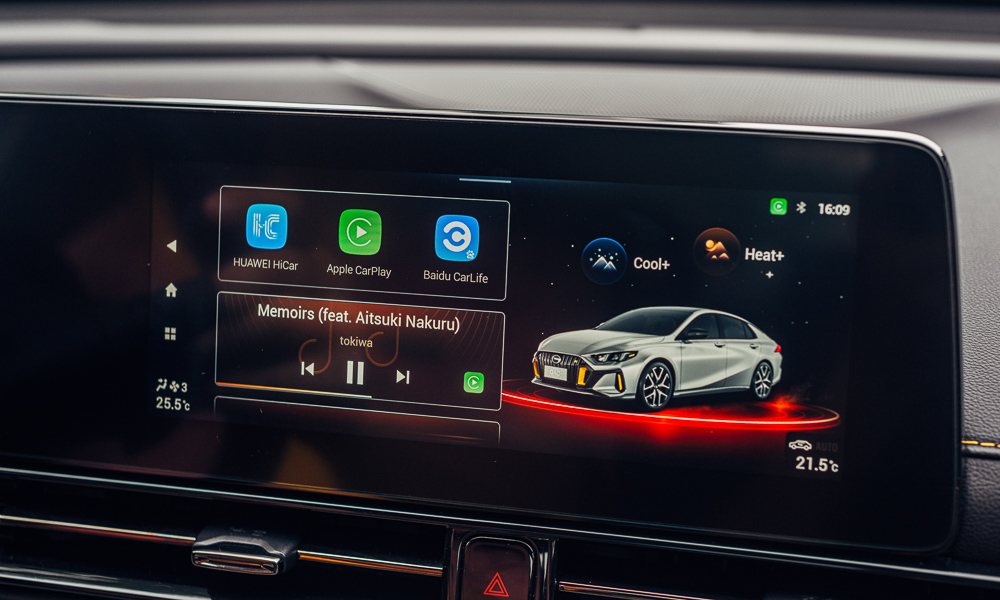
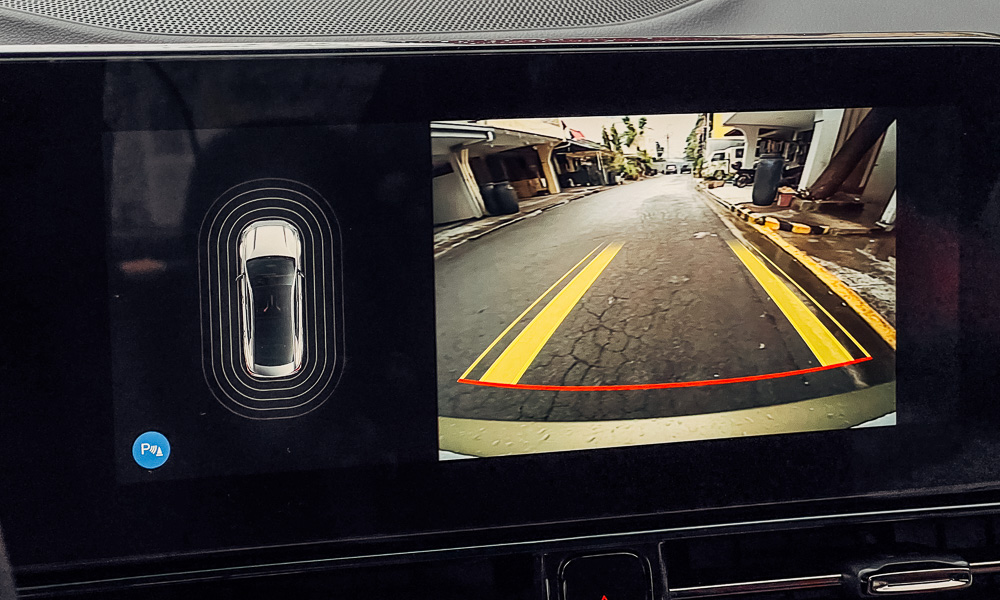
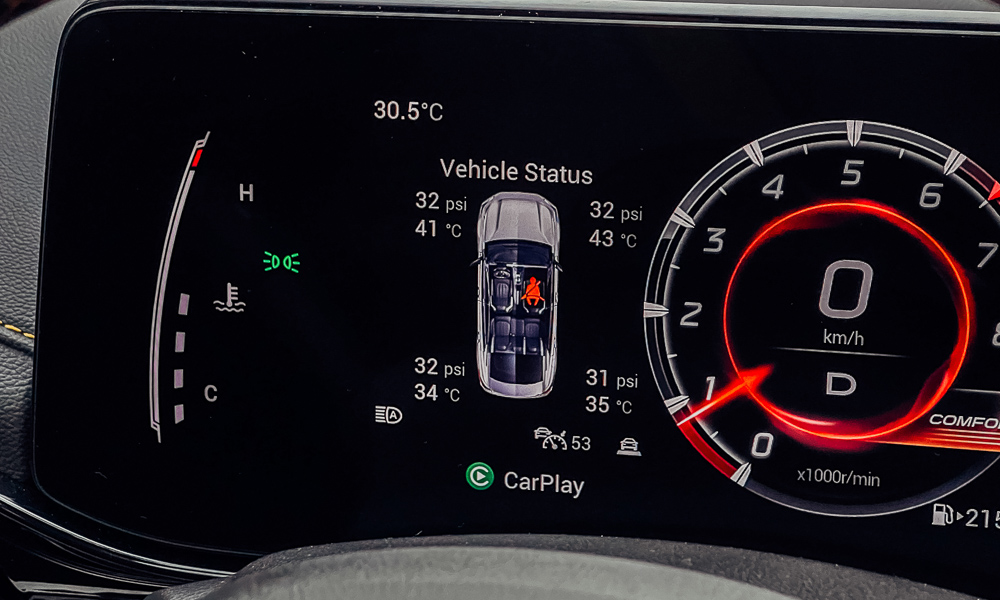
Combined with the advanced driver-assistance systems and safety features that work really well, it makes the Empow GE a very comfortable vehicle that you can responsibly drive like a hooligan at times. Even the boosted, small-displacement engine also gives it reasonable fuel economy: 8km/L in bad city traffic and 11.7km/L going up and down the Skyway.
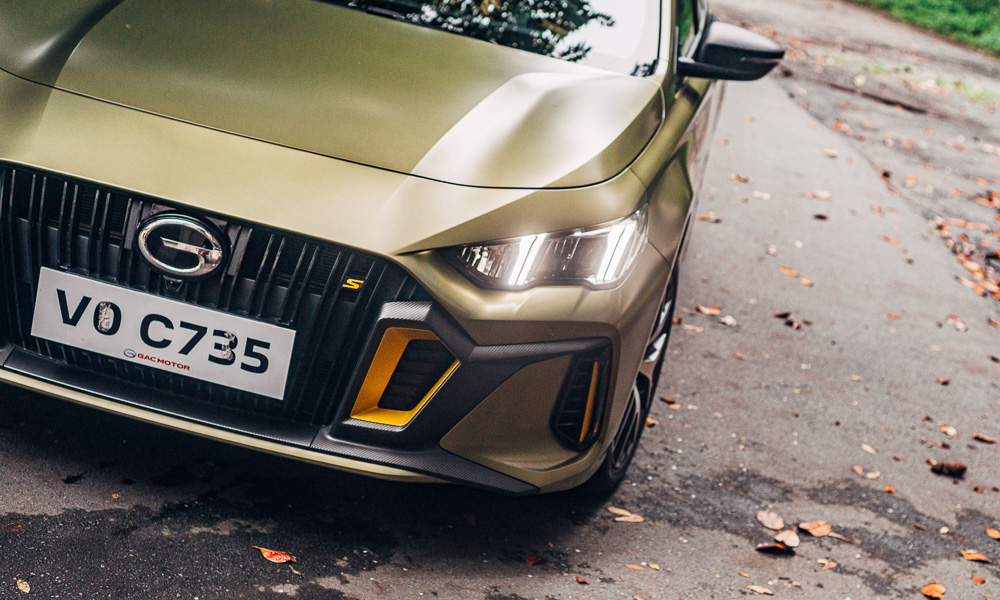
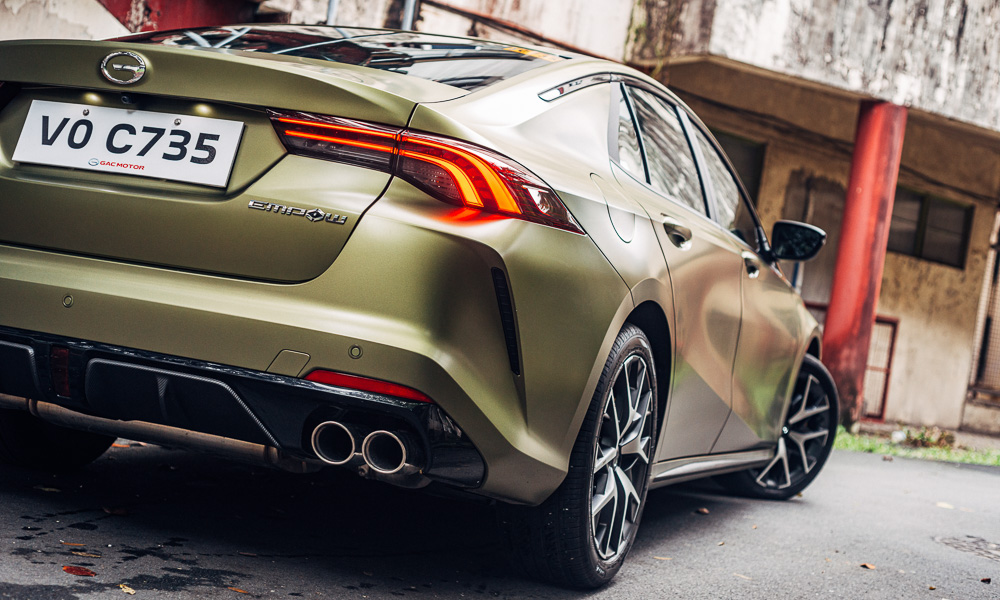
As with most Chinese cars, its price of P1,348,000 makes it look like a great deal compared to the remaining Japanese sedans that have gone the way of electrification or luxury. Its closest competitor in terms of sportiness is the Honda Civic RS Turbo, which is priced at P1,775,000.
While the distributor of GAC in the Philippines can be trusted with after-sales performance, Chinese cars (at least for now) will be scrutinized in terms of long-term reliability. If anything, the Empow GE is a great and affordable way to get the thrills and instant gratification that the younger generation of car buyers is looking for.
GAC EMPOW GE
| Engine | 1.5-liter four-cylinder turbo gasoline |
| Transmission | 7-speed dual-clutch automatic |
| Power | 174hp @ 5,500rpm |
| Torque | 270Nm @ 1,400-4,500rpm |
| Dimensions | 4,700mm x 1,850mm x 1,432mm |
| Drive layout | FWD |
| Seating | 5 |
| Price | P1,348,000 |
| Upside | Killer price for the amount of fun it delivers. Impressive looks and build quality. |
| Downside | Long-term reliability is always a question. Jerky dual-clutch transmission in the city. Not a car for introverts. |


0 Comments